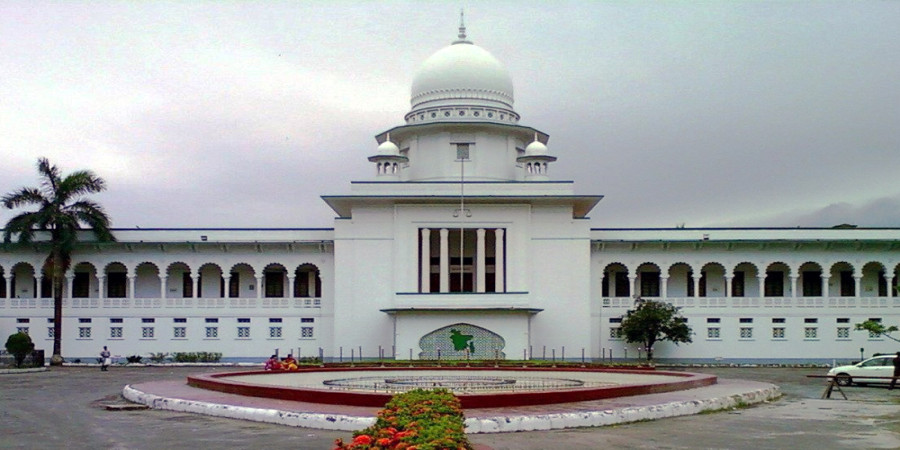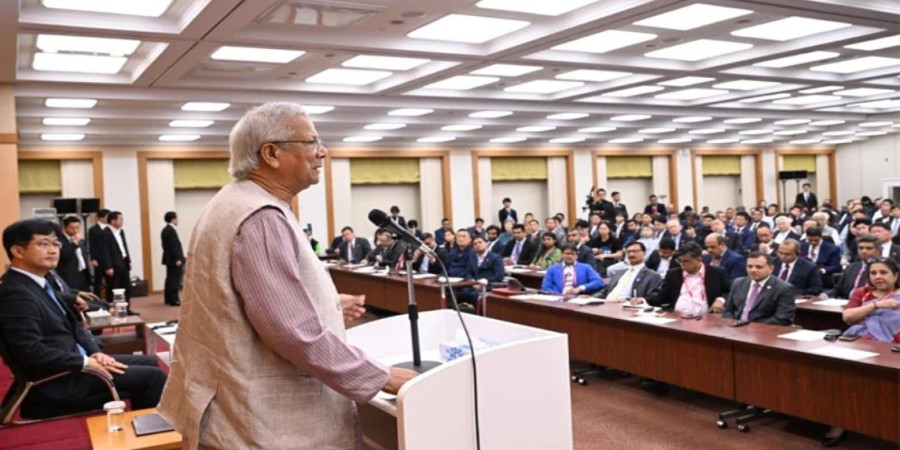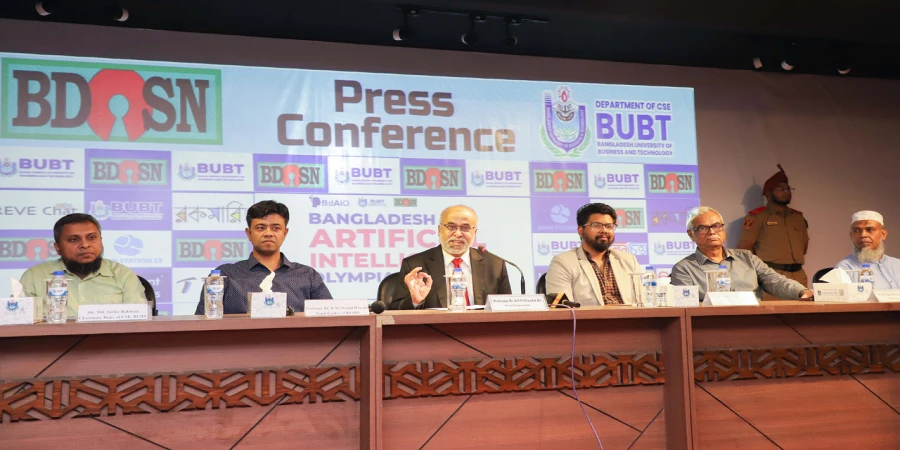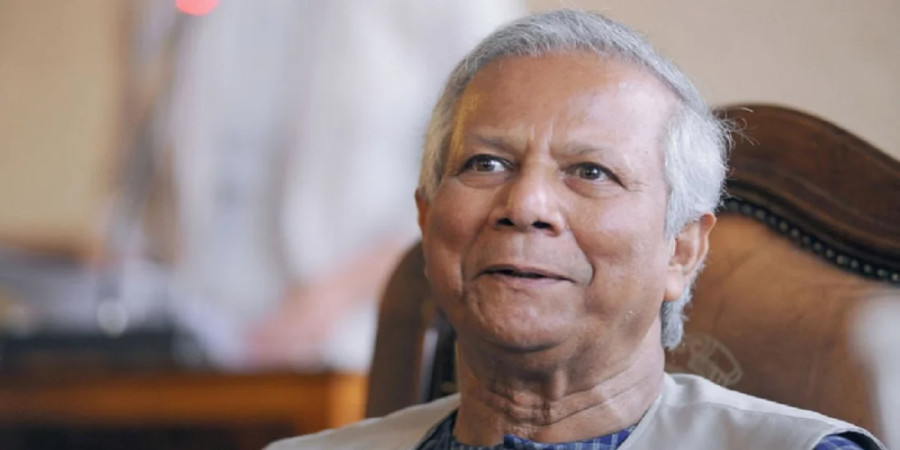
ছবি: Photo: Collected
The High Court has issued a rule asking why the Fourth Amendment to the Constitution should not be declared unconstitutional. This decision came after a hearing of a petition challenging the legality of the amendment, which altered the country's political system and governance. The court has directed the secretaries of the Ministry of Law and the National Parliament to respond to this rule.
The Fourth Amendment to the Constitution, passed in 1975, fundamentally changed Bangladesh’s political landscape. It replaced the parliamentary system with a presidential system of governance and introduced a one-party political system, eliminating multi-party democracy. This amendment was passed by the National Parliament on January 25, 1975, amidst significant political changes in the country.
The petition challenging the validity of the Fourth Amendment was filed by Mohammad Mafazzal Hossain, a freedom fighter, who argues that the amendment contradicts the fundamental principles of the Constitution. The High Court bench, consisting of Justice Md. Akram Hossain Chowdhury and Justice K.M. Rasheduzzaman Raja, heard the petition and issued the rule following the legal arguments.
The petitioner's legal counsel, Advocate A.S.M. Shahriar Kabir, presented the case, while Deputy Attorney General Shamima Sultana represented the state. The court’s decision to issue the rule means that the legality of the Fourth Amendment will be further examined in light of constitutional principles and its potential conflict with Bangladesh's democratic framework.
The Fourth Amendment was introduced under the leadership of then-President Ziaur Rahman, significantly altering the country’s political structure. It allowed for the consolidation of presidential power and restricted political opposition, fundamentally altering the nature of Bangladesh’s democracy. The legal challenge to this amendment raises important questions about the balance of power in the country and the compatibility of the amendment with the democratic framework established by the original Constitution.
The outcome of this legal challenge could have significant implications for the country’s constitutional law, potentially leading to a reevaluation of the Fourth Amendment's role in shaping Bangladesh's political system. The court's ruling on this issue could set a precedent for future legal challenges concerning constitutional amendments and their impact on democratic governance.
The High Court’s ruling will be eagerly awaited, as it addresses a key issue regarding the preservation of democratic principles within the Constitution, and whether past amendments, such as the Fourth Amendment, align with those principles. The case is seen as a critical step in upholding the supremacy of the Constitution and ensuring that any changes to the law are consistent with the fundamental rights of the people.
repoter






